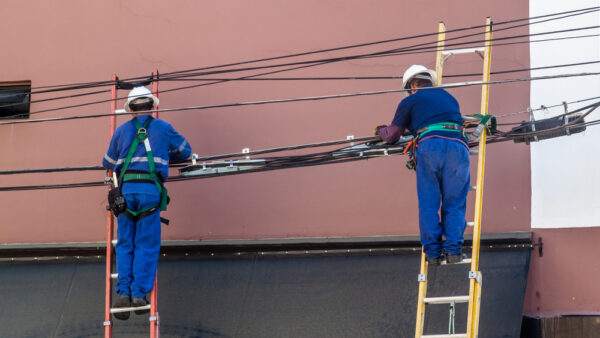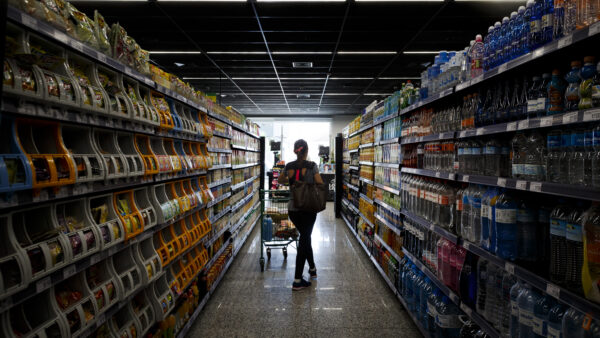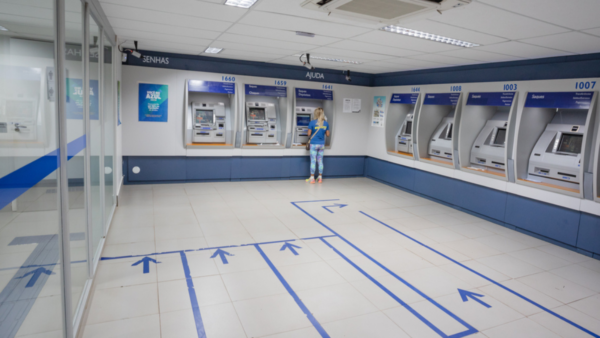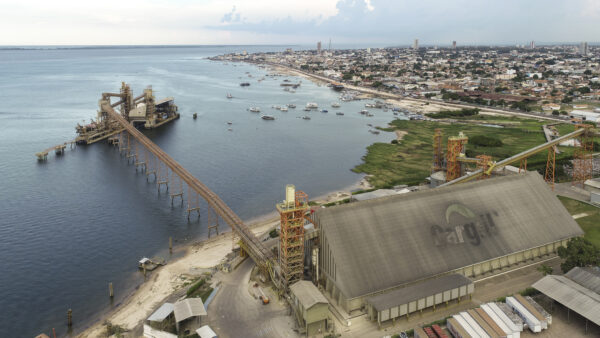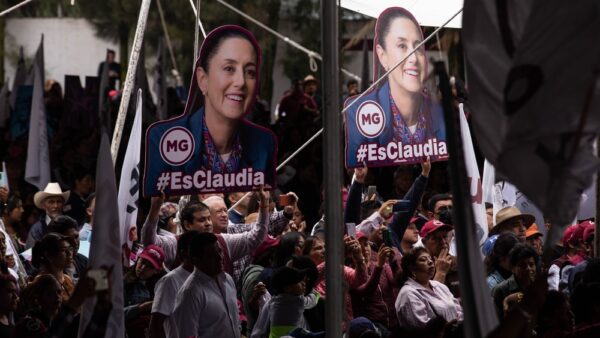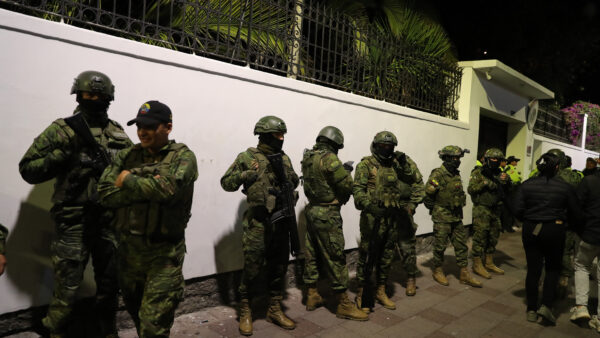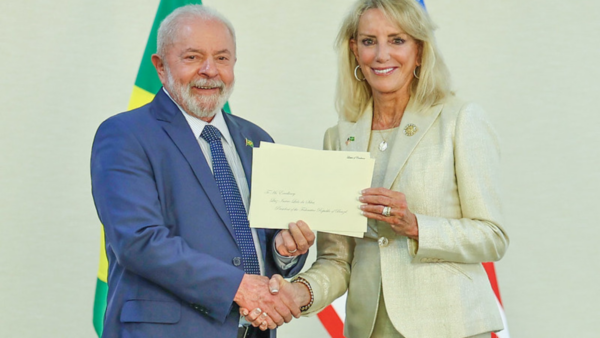The Central Bank’s economic activity index (IBC-Br), a reliable bellwether of Brazilian GDP data, increased by only 0.01 percent in April, below the market consensus of 0.45 percent. In March, the index fell 0.34 percent.
In 12 months, however, the IBC-Br is up 4.01 percent. Year-to-date, the index is up 2.08 percent.
The IBC-Br comprises proxies linked to production volume monitoring of agriculture, manufacturing, and services output, in addition to an index that monitors the volume of taxes collected, being a more reliable indicator when analyzed over the long term. Because of this annual growth, many analysts still see the index as a good omen for the Brazilian economy.
The current market’s median expectation is 2.09 percent, according to the Central Bank’s latest Focus Report, a forecast way more optimistic about the economy in January, when the median prediction stood at 1.78 percent. Analysts seem to have factored not only more robust growth but also more persistent inflation into their projections.
Despite not seeing more room for more cuts to the country’s benchmark interest rate, analysts at the country’s largest private bank, Itaú, maintain its projection of 2.3 percent GDP growth for this year.
“The effects of the floods in the southern region of the country bring greater uncertainty for the second quarter and some downward bias for our closed number for this year, but we chose to wait for some more data to have a more precise dimension of the economic impact,” wrote the bank analysts this month.
The Brazilian economy’s actual growth stood at 0.8 percent in Q1, driven by the country’s service sector and a rebound in household spending. This marks Brazil’s return to its typical growth formula based on domestic demand.
For Alberto Ramos, Goldman Sachs’s lead economist for Latin America, Brazil’s economic activity in 2024 should continue to benefit from significant fiscal stimulus, the “generous increase” in the minimum wage, and “the turnaround in the credit cycle,” despite still restrictive domestic monetary conditions, rising policy uncertainty, and the fading impact from the bulky BRL 94 billion in government court-ordered repayments (IOU bonds known as precatórios).


 Search
Search















